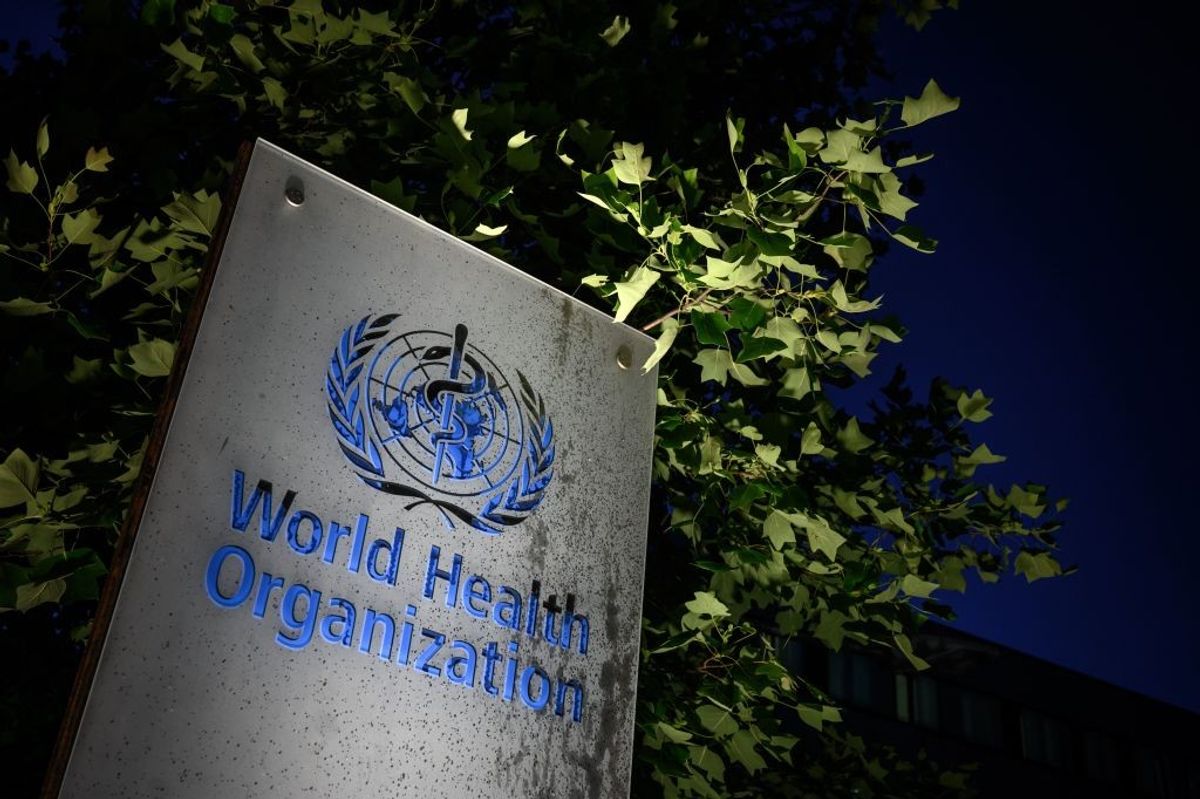Only four countries - Brazil, Mauritius, the Netherlands and Turkey - have adopted all the anti-tobacco measures recommended in the fight against the "deadly scourge" of smoking, the World Health Organization said Monday.
In a fresh report, the UN health agency urged countries to scale up their use of recognised measures to reduce tobacco use, including enforcing advertising bans, plastering health warnings on cigarette packages, raising tobacco taxes and providing assistance to those who want to quit.
It said Mauritius and the Netherlands had now joined Brazil and Turkey in implementing all of its recommended measures.
The WHO report also decried far too little regulation of e-cigarettes.
Globally, 121 countries have adopted some measure addressing e-cigarettes.
But 74 countries -- home to almost one third of the global population -- have no regulations in place addressing such products, meaning no bans on use in public places, no labelling requirements and no bans on advertising.
"Astonishingly, very few countries have measures in place to protect children," the report said, noting that 88 countries, covering 2.3 billion people, have no minimum age for buying e-cigarettes.
WHO said 5.6 billion people, or 71 per cent of the world's population, were now protected by at least one tobacco control measure - five times more than in 2007.
The health agency said the global rate of the prevalence of smoking had dropped from 22.8 per cent in 2007 to 17.0 per cent in 2021.
Without this decline, there would have been 300 million additional smokers now, the WHO said.
"Slowly but surely, more and more people are being protected from the harms of tobacco," WHO chief Tedros Adhanom Ghebreyesus said, adding that his organisation was eager to support national efforts to "protect their people from this deadly scourge".
Smoking remains the leading cause of preventable death, killing 8.7 million people each year, including 1.3 million who die from inhaling second-hand smoke.
According to the organisation, eight countries are one policy step away from joining the leaders in tobacco control: Ethiopia, Iran, Ireland, Jordan, Madagascar, Mexico, New Zealand and Spain.
However, 2.3 billion people in 44 countries remain unprotected by any WHO anti-tobacco measures.
And a full 53 states still do not have complete smoking bans in healthcare facilities - something Ruediger Krech, the WHO's health promotion director, called "completely unacceptable".
Some companies are out to "hook our children onto e-cigarettes and vaping instead to make them nicotine-dependent", said Krech.
Mauritius Health Minister Kailesh Jagutpal said it was better to try to get the tobacco industry onside before changing the law.
"Otherwise, the industry is going to have developed all tactics to come up and fight you," he told reporters.
Krech said the tobacco firms were "insidiously making their way to policymaking tables", decrying "whitewashing tactics where they try to be 'part' of the solution".
"The tobacco industry is a powerful and resourceful industry which even today continues to grow in terms of profit and influence," he said.
"But we can fight back."


